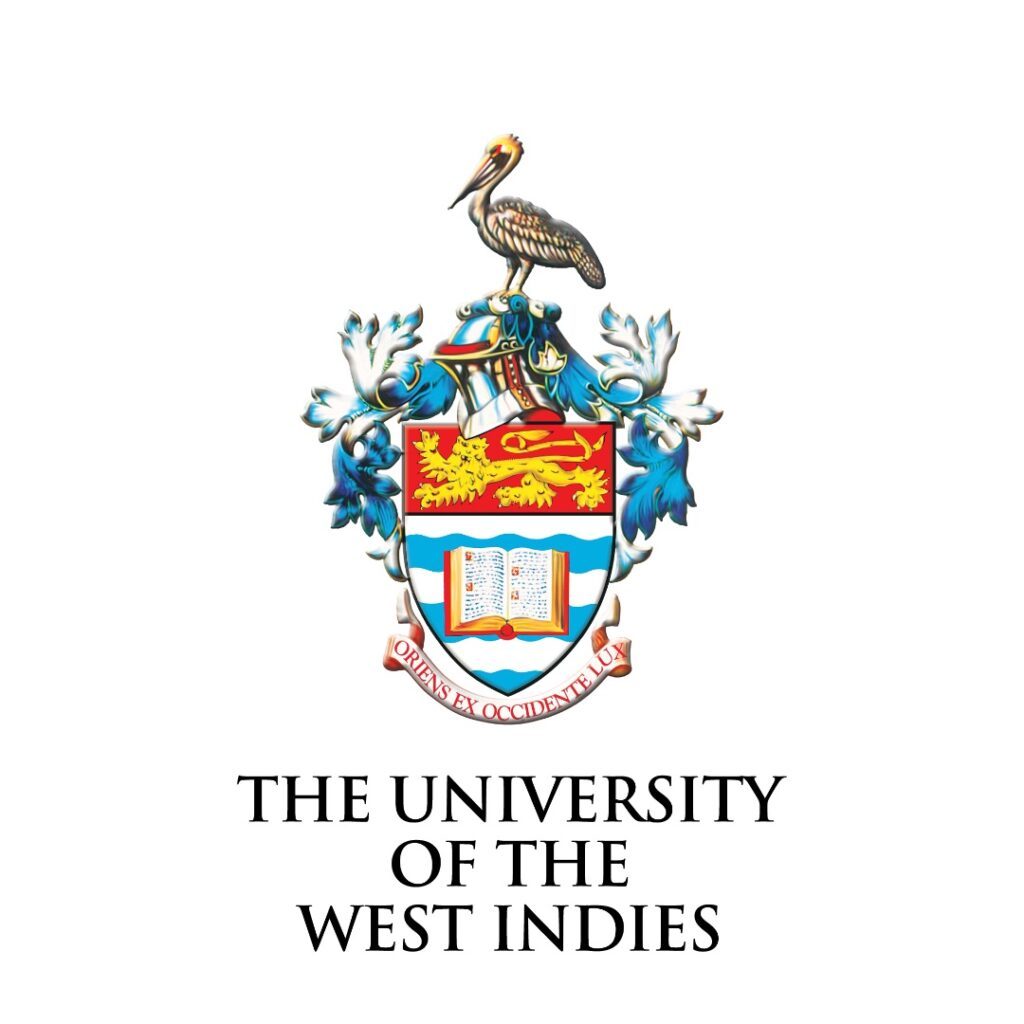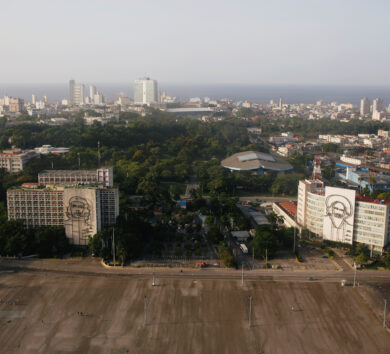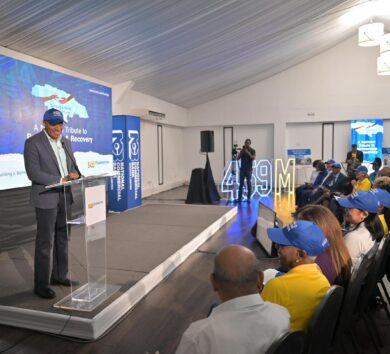
Exemplary record as an academic and administrator

The University of the West Indies (The UWI) has conferred the professorship appointment of educator, Dr Beverly-Anne Carter, who retired in October 2022.
Her appointment took effect during the last quarter of 2022.
Carter earned her promotion to the highest academic rank at the institution following a rigorous assessment process by independent external assessors, which included evaluation of the quality and quantity of her research, publications, and other professional activities, including enhancement of the university’s reputation.
Carter joined The UWI in 1991 and has had an exemplary record as an academic and administrator.
She served at the St Augustine Campus as a lecturer and senior lecturer in the French language, as Deputy Dean (Students) and Deputy Dean (Distance and Outreach) in the Faculty of Humanities & Education, and then as director of the Centre for Language Learning (CLL) for 17 years.
Her qualifications include an Associate of Arts, Bachelor of Arts, and a Master of Arts (with honours) in Modern French Literature, as well as a Bachelor of Arts in Teaching French as a Foreign Language, all from Univerisité de Besançon in France, and a Doctor of Philosophy in Linguistics at The UWI.
Research areas of interest
Her research areas of interest span language in higher education, technology-enhanced learning environments, and foreign language programme development (focusing on English and Chinese as foreign languages). This is reflected in her publications on language education, including learner and teacher autonomy, language policy and planning, non-specialist language learning, technology in language learning, and language and competitiveness.
She is the author of Teacher/Student Responsibility in Foreign Language Learning (2006), co-author of eight other book chapters, as well as more than a dozen referred articles, alongside numerous papers/presentations/plenary addresses made at conferences, symposia and seminars.
Carter’s most outstanding contribution was at the helm of the CLL. She led the Centre through numerous quality assurance exercises and supervised postgraduate students at the Masters and PhD levels.
In addition, she received grant funding for several projects: most notably to establish the first Confucius Institute at The UWI St. Augustine Campus. She also received funding to carry out the multidisciplinary research project, Language and Competitiveness – Positioning Trinidad and Tobago for Sustainable Development. Under her directorship, CLL received official recognition from the Embassy of Japan in Trinidad and Tobago for its contribution to Japanese language education. The Embassy of Korea in Trinidad and Tobago also recognised the Centre’s dedication to the teaching of the Korean language and culture.

Extensive work with CXC
Within The UWI, she sat on various committees and panels, and externally, she has worked extensively with the Caribbean Examinations Council at both the CSEC and CAPE levels. She holds professional membership in the Association Internationale de Linguistique Appliquée (AILA), as well as institutional membership with the Association of Departments of Foreign Languages (ADFL), USA, the Association of University Language Communities in the UK and Ireland (AULC) and the European Confederation of Language Centres in Higher Education (CercleS).
Among her professional accolades, Carter is the recipient of the prestigious, French National Award for distinguished academic service in propagating the French language and culture, Chevalier des Palmes Académiques. She has also received highly-regarded fellowships and awards from the University of Oxford, Mc Gill University, Harvard University and the University of the South Pacific.
In a report on the examination of her work, one of her assessors commented: “Without a doubt, Dr Carter, based on publications and the standing of her work is the leading Caribbean academic in learner autonomy and stands tall in the field internationally for her longstanding research and practice in this domain.
“Her research has made a singular and distinctive contribution to the international applied language research literature; her writings have challenged and complexified taken-for-granted assumptions about learner autonomy, teacher/student responsibilities, and technology-mediated language learning.”







Comments